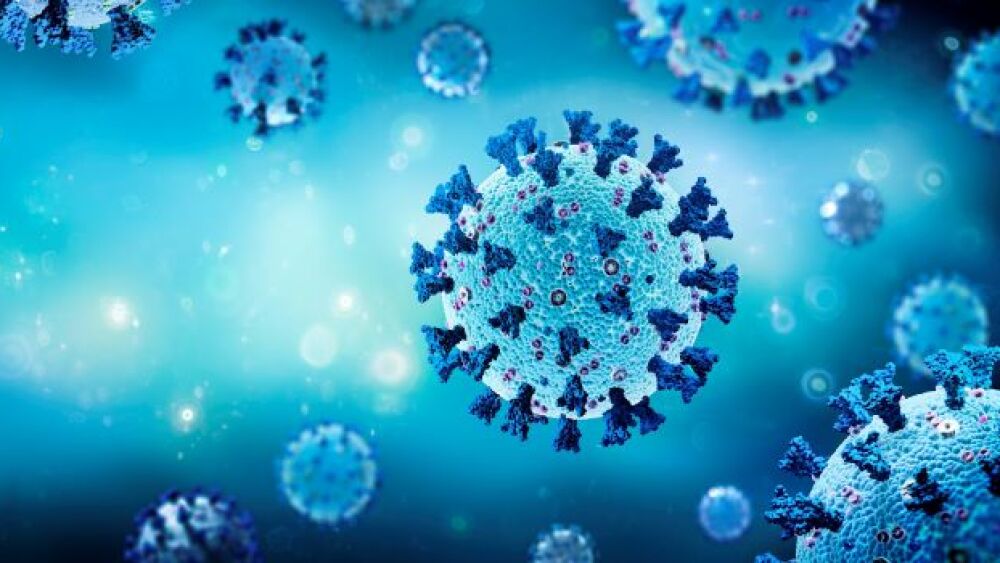The Phase II study showed enhanced immune memory response to the virus in 96% of vaccinated subjects, all of whom were exposed to an environment dominated by the delta variant.
California biotech firm AIVITA Biomedical reported overwhelmingly positive results from the Phase II clinical trial of its personalized anti-SARS-CoV-2 vaccine enabling kit.
The ongoing Phase II study of AIVITA’s SARS-CoV-2 kit showed enhanced immune memory response to the virus in 96 percent of vaccinated subjects, all of whom were exposed to an environment dominated by the Delta variant.
AIVITA’s Vaccine-Enabling Kit enables users to create a subject-specific vaccine that contains autologous dendritic cells and lymphocytes that have been incubated with the SARS-CoV-2 spike protein.
The process starts by drawing blood, from which the person’s immune cells are isolated, and monocytes are matured to become antigen presenting dendritic cells. These cells, plus lymphocytes, are incubated with spike protein and delivered via a single-dose injection subcutaneously.
In its randomized, double-blinded study, AIVITA observed 145 participants aged 19.5 to 82.8 years. The goal was to investigate three different quantities of S-protein incubated with each subject’s own dendritic cell-lymphocyte product to produce the vaccine. Their blood samples were collected at the time of vaccination and observed two and four weeks later.
The immune response rate was measured using enzyme-linked immune spots (ELISpot) assays to determine if immune memory cells had become SARS-CoV-2 responsive. The researchers discovered that 96 percent of the vaccinated participants developed a stronger immune response and that all three vaccine formulations were well-tolerated, with no high-grade or serious adverse events.
While some patients showed toxicity symptoms following the vaccination, there was no worsening of pre-existing issues and no new types of adverse events three days after. The researchers also concluded that none of the abnormalities observed in the lab were clinically significant.
The Phase II trial results coincide with the Phase IB study of AV-COVID-19 in Indonesia, which observed 31 healthy subjects who were given nine formulations. After the trial, the researchers found that all formulations were well tolerated and did not result in grade 3 or grade 4 adverse events. There were some allergic reactions and reports of myalgias or headaches, but these were deemed unremarkable.
“Having only 53% of subjects experience adverse events is much lower than that reported for other COVID-19 vaccines that are currently available, for which 90-100% of subjects reported adverse events. The vast majority of adverse events reported by subjects were characterized as mild, that is, grade 1 in severity, befitting a personalized vaccine,” said Robert Dillman, M.D., chief medical officer of AIVITA, in a statement.
The vaccine enabling kit is designed for emerging nations and people who want a personalized vaccine. AIVITA will publish a manuscript on the Phase II and the prior Phase IB study soon.





